Playground: Inside Ben Feringa's Nobel Lab
In 2017 the University of Groningen started with what will become an annual photo assignment. Each year we will ask an art photographer to give his or her view on a theme related to our university. Aim is to make science and the academic world visual in a new way and translate it to a wider public. The photo assignment is a co-production between the University of Groningen and the international photo festival/publisher Noorderlicht in Groningen.
Nobel Prize
The first assignment was given to Dutch documentary photographer Jos Jansen. He was asked to capture the work of the Groningen scientist Ben Feringa who won the Nobel Prize for chemistry in 2016 for his groundbreaking research on molecular engines and nanotechnology. Feringa and his team were able to give molecules the abilities similar to a ‘4-wheel drive’ car with a motor on each of the four corners, all the size of a nanometer. He received the award together with Jean-Pierre Sauvage and Sir James Fraser Stoddart, who in earlier stages had been working in this area.
Jansen spent two days a week for a period of three months in Feringa's lab with his photo camera. He said about the process: “It was a contradiction, because he’s very modern, very contemporary, very advanced—but at the same time, not very paperless." Summarizing his own visual research, he says: ‘My biggest eye opener was the moment I discovered that the molecular constructions, designed by the scientists, start to move when they are radiated by a specific colour of light! Specially for a photographer this was really a present.’
Playground
‘Playground’, the title of Jansen’s project refers to a quote from Ben Feringa, who feels that universities should be a playground for scientists, where they can follow their curiosity without any restriction . This sort of fundamental research is time consuming but on a longer term often leads to major transformations. Imagine in 15 to 20 years from now smart drugs that can be ‘switched on’ by light only at their target area, for instance a tumor.
Jansen’s resulting series of images (and an installation) were presented during the Noorderlicht International Photo Festival ‘NUCLEUS’, about imagining science (22 October till 26 November 2017). They show in a more or less abstract way how Nobel Prize winning scientific research is often characterized by failing, frustration and better failing. Sometimes, however, the experiments do start to become successful. As one of the researchers said: ‘Then your head explodes like a supernova’.
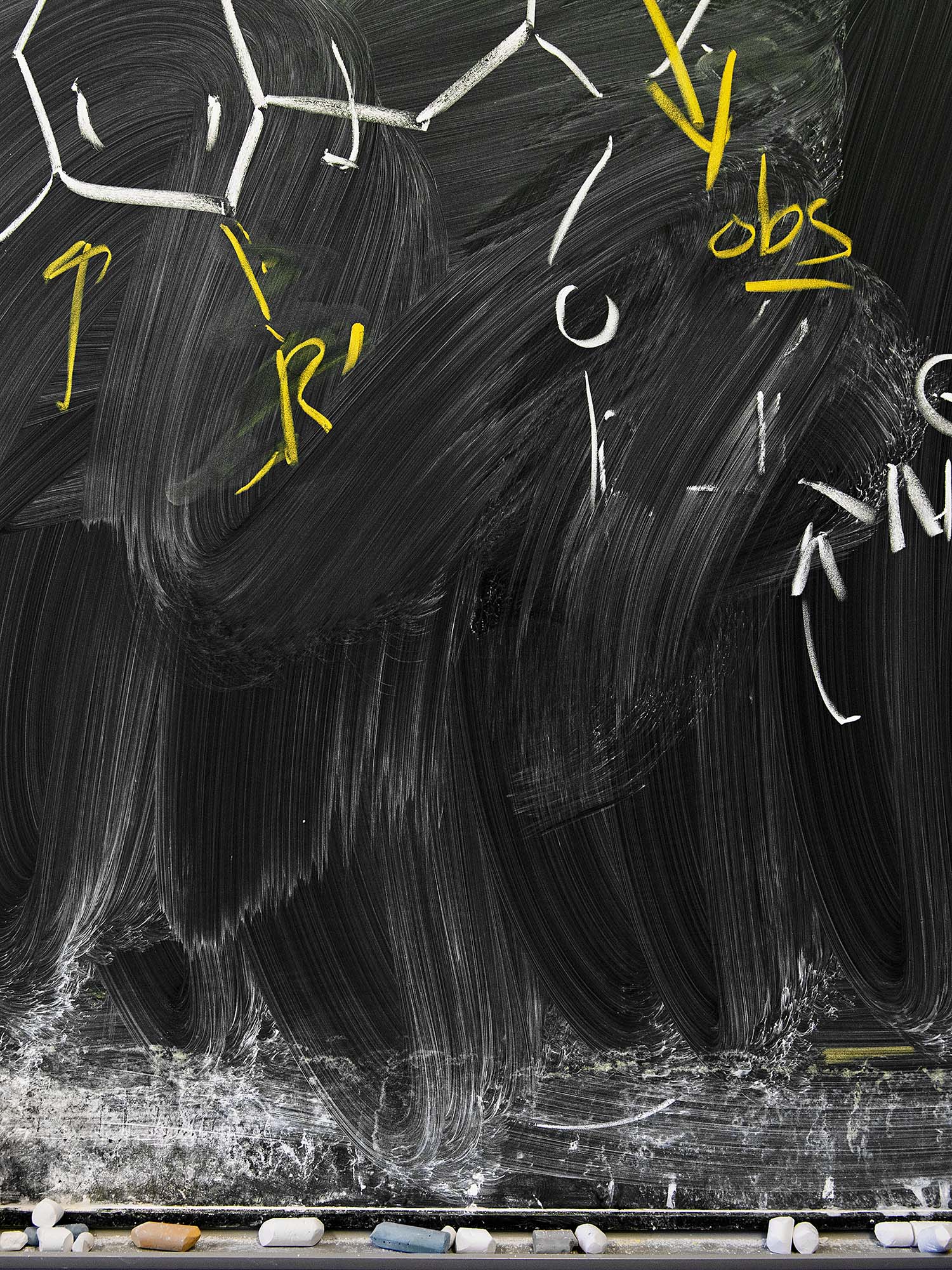
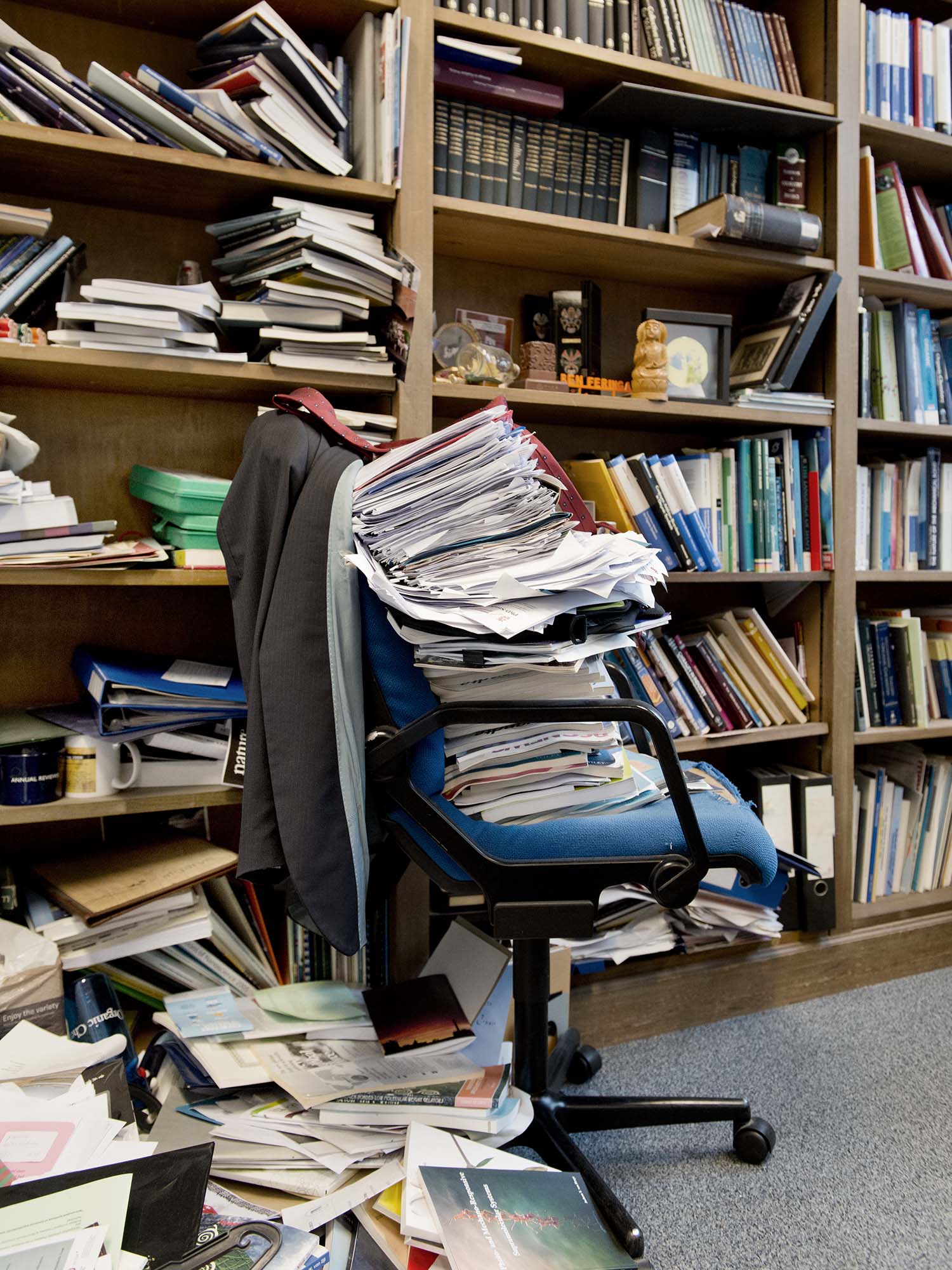
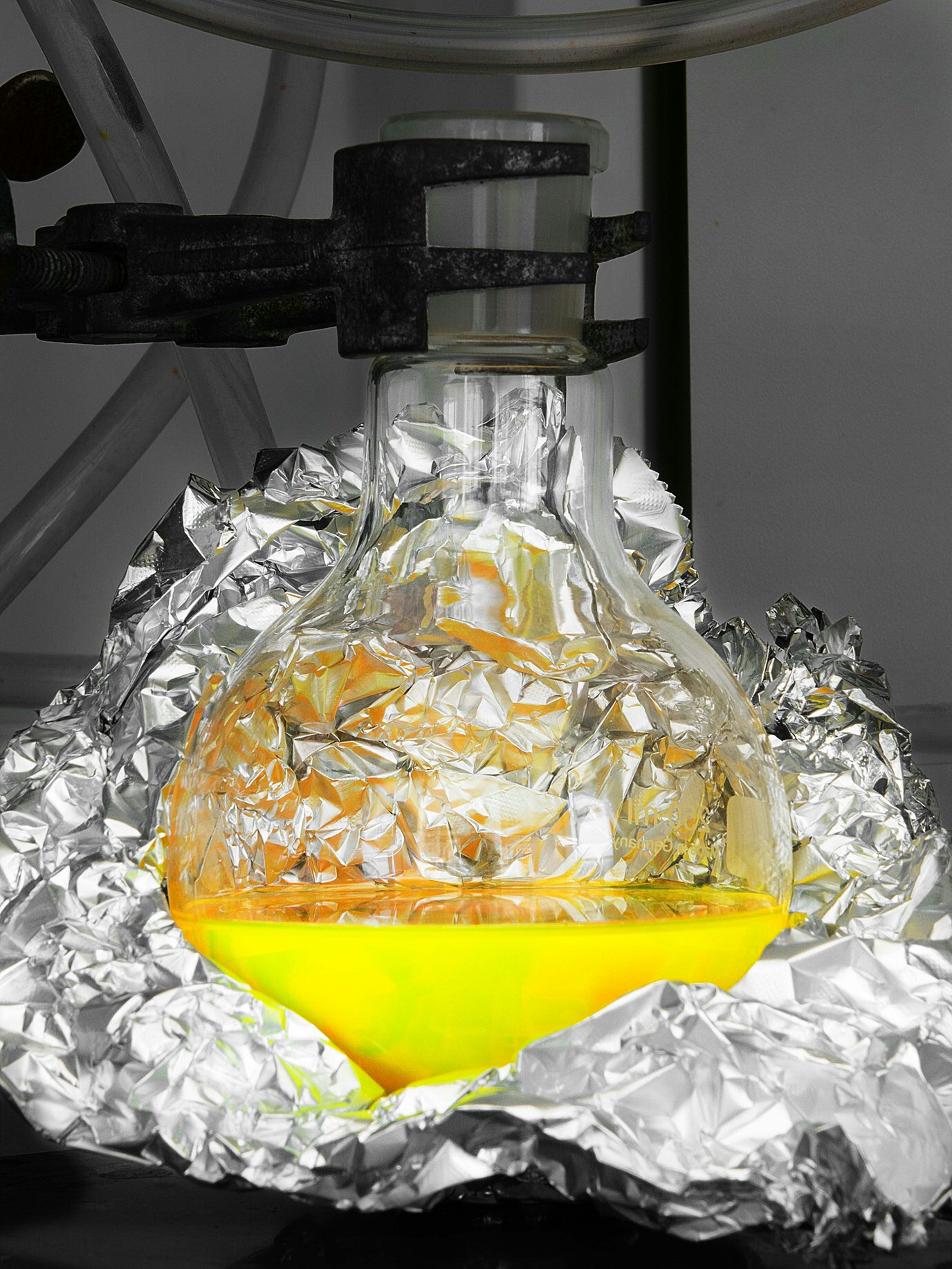
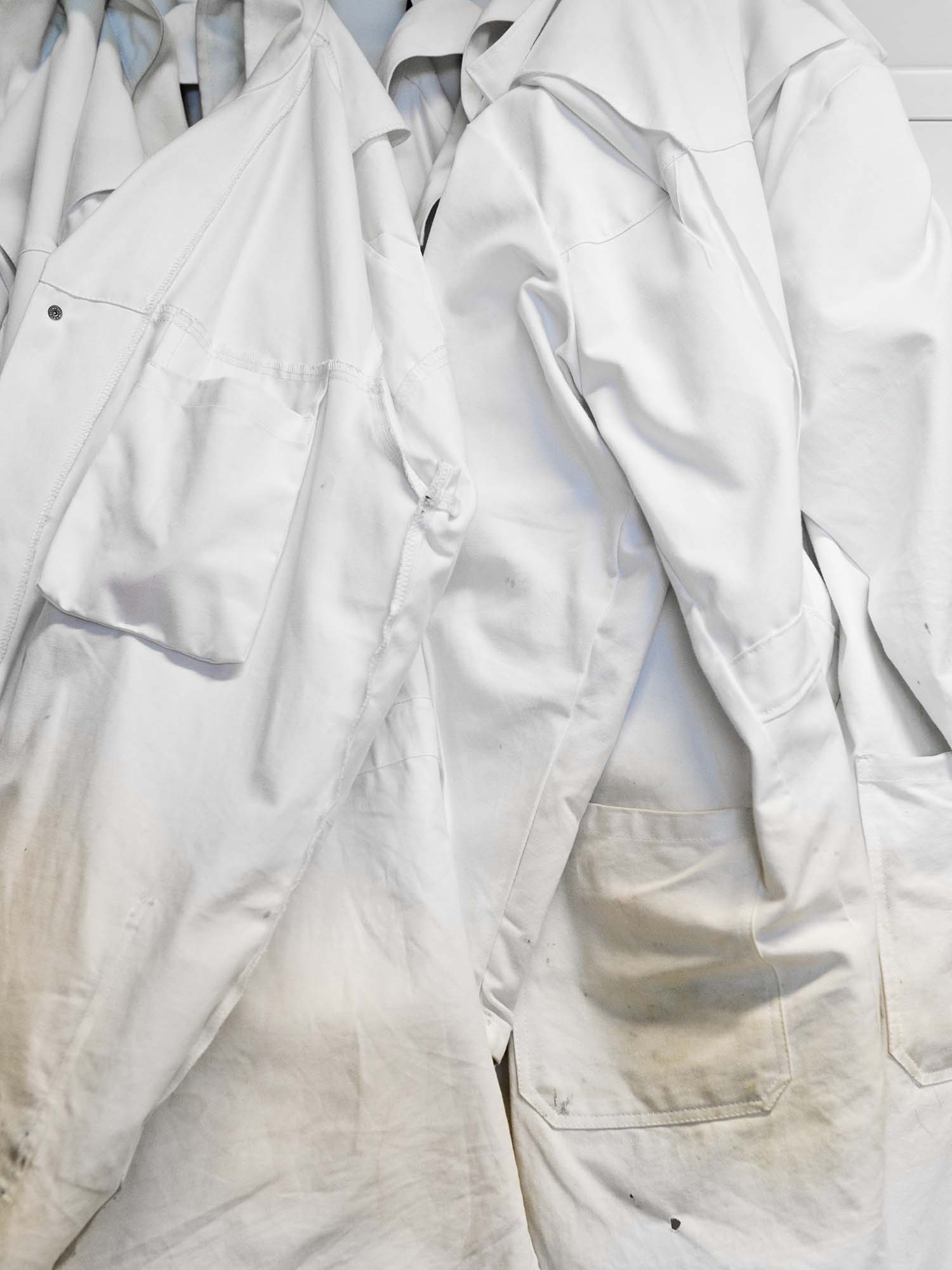
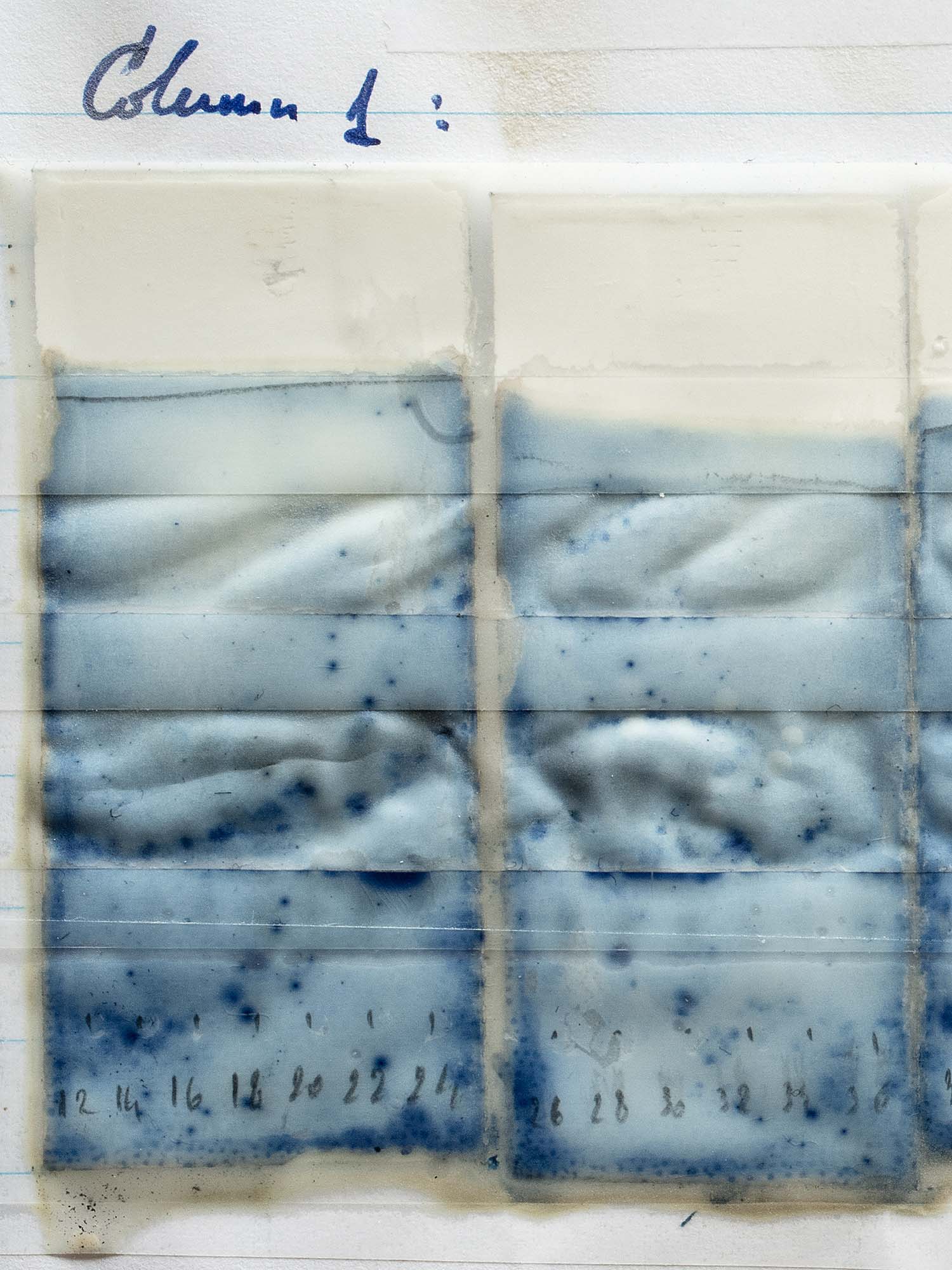
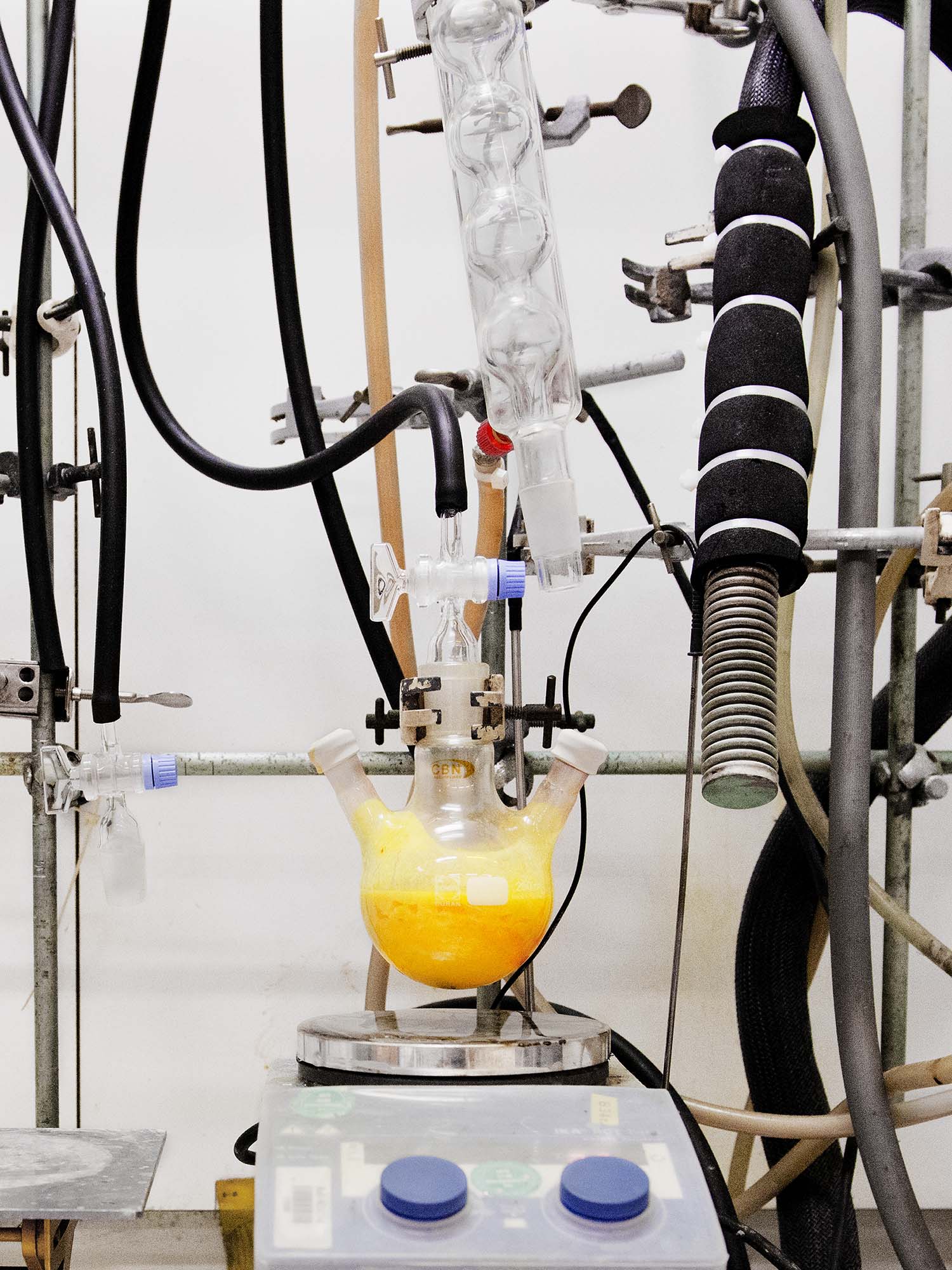

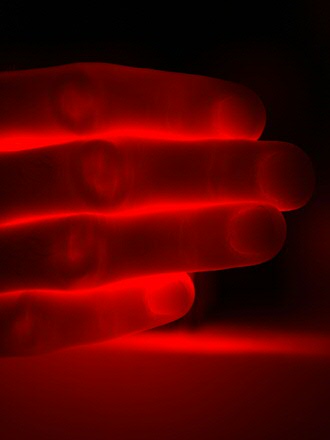
A set of postcards is available at the University Shop.
3 Nobel Prize winners
During the International Molecular Machines Nobel Prize Conference the winners of the Nobel Prize for Chemistry in 2016: Professor Ben L. Feringa, Professor Jean-Pierre Sauvage and Professor Sir James Fraser Stoddart ,who were awarded the Prize for their work on developing molecular machines appeared together in the Netherlands. The three Nobel Prize laureates were welcomed by the Board of the University of Groningen during the afternoon session on Tuesday 21 November. The delegates visited the ‘NUCLEUS - Imagining Science’ exhibition in the Der Aa-Kerk. The three laureates naturally inspected the ‘Playground’, which is the result of a partnership between photographer Jos Jansen and Prof. Ben Feringa.
Publicatie in Wired
The American/British magazine about technology, Wired, published an article about the photo series Playground. The article describes the process about the collaboration between Prof. Ben Feringa en photographer Jos Jansen. The publication is available on the English Wired website and on the Japanese Wired website.
Noorderlicht
In its 27th year, Noorderlicht has earned a reputation for showing socially committed narrative photography. The theme of 2017 was science. Artists and scientists often ask themselves the same questions and are driven by many of the same principles, such as originality, creativity and an open mind. In NUCLEUS the two disciplines engage in a dialogue. Science was both subject and source of inspiration in the festival. The desire of humankind to understand and control the world has already generated an unfathomable volume of knowledge that has permeated our lives. This process, already known as the ‘fourth industrial revolution’, will only intensify in years to come.
| Last modified: | 20 April 2023 4.33 p.m. |
More news
-
16 April 2024
UG signs Barcelona Declaration on Open Research Information
In a significant stride toward advancing responsible research assessment and open science, the University of Groningen has officially signed the Barcelona Declaration on Open Research Information.
-
02 April 2024
Flying on wood dust
Every two weeks, UG Makers puts the spotlight on a researcher who has created something tangible, ranging from homemade measuring equipment for academic research to small or larger products that can change our daily lives. That is how UG...
-
18 March 2024
VentureLab North helps researchers to develop succesful startups
It has happened to many researchers. While working, you suddenly ask yourself: would this not be incredibly useful for people outside of my own research discipline? There are many ways to share the results of your research. For example, think of a...
